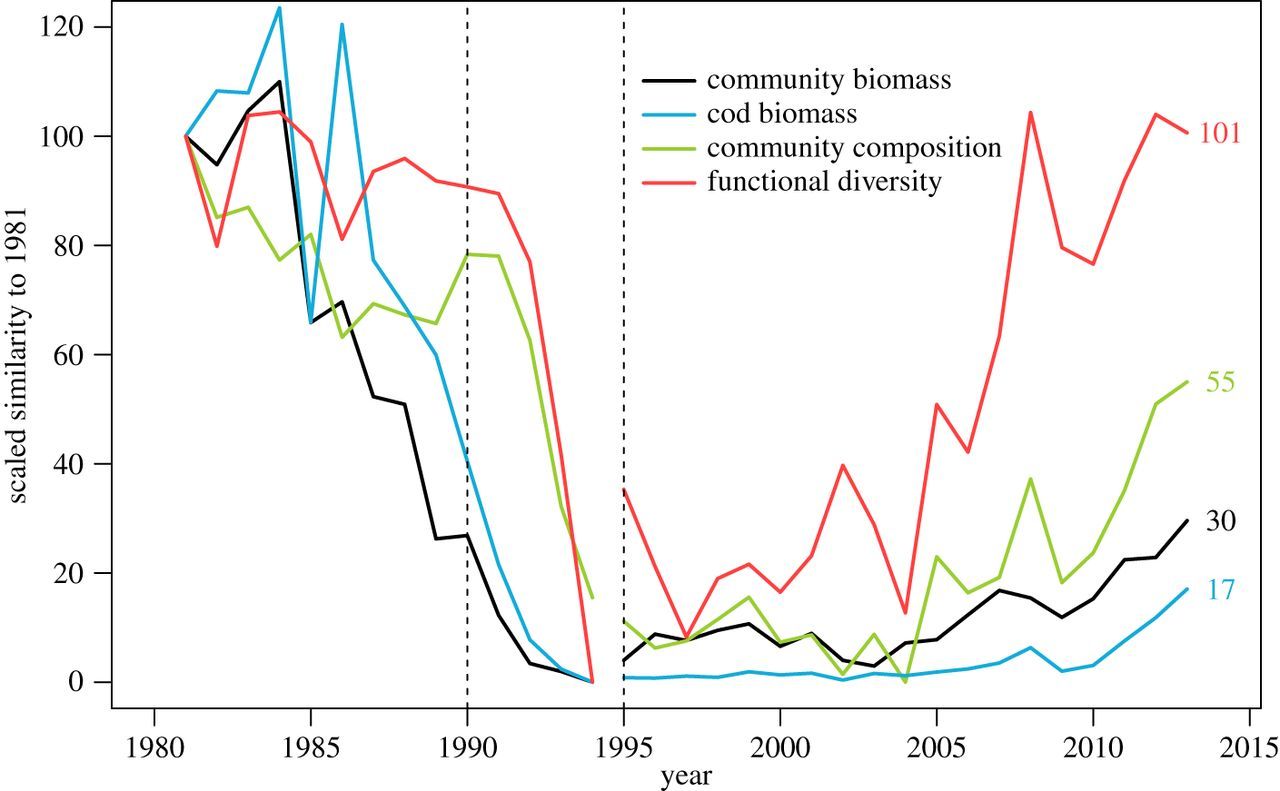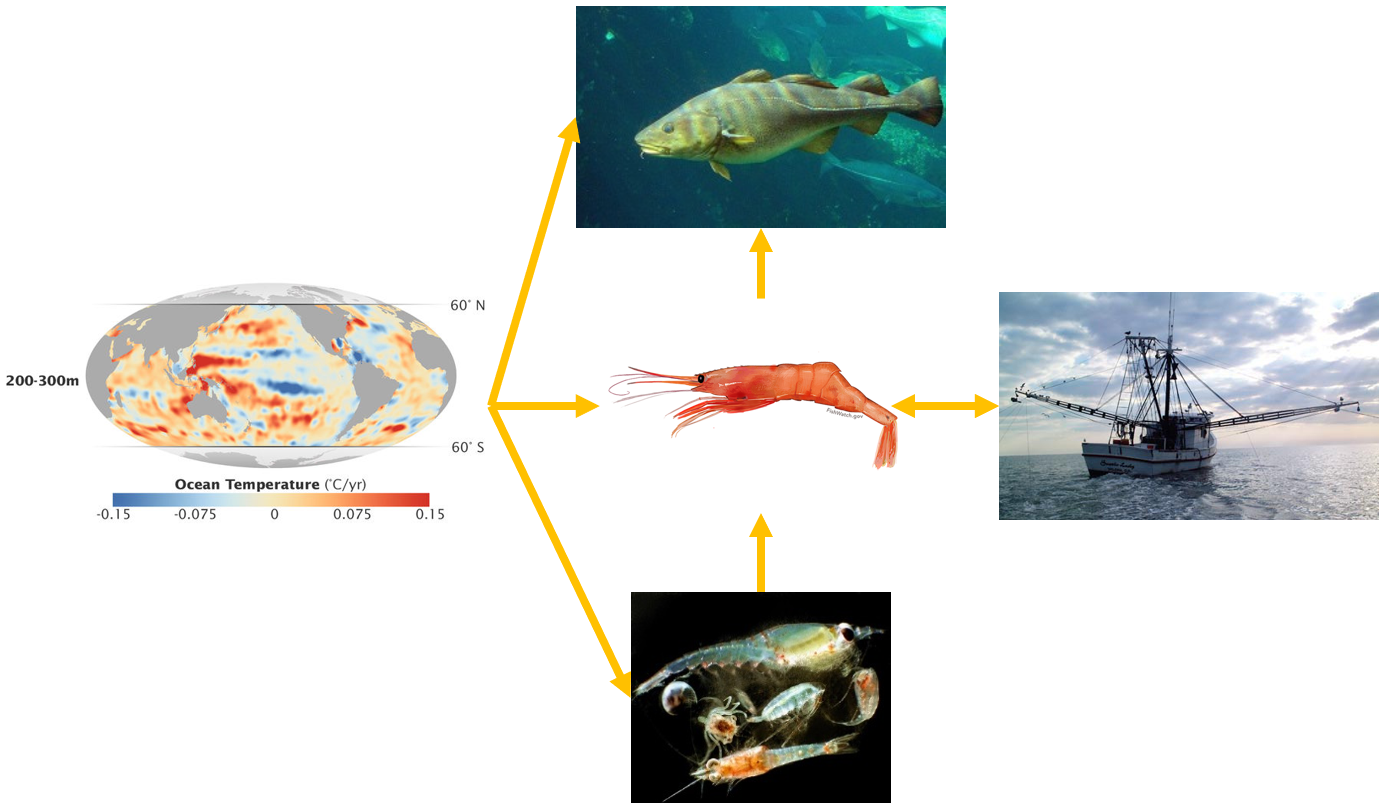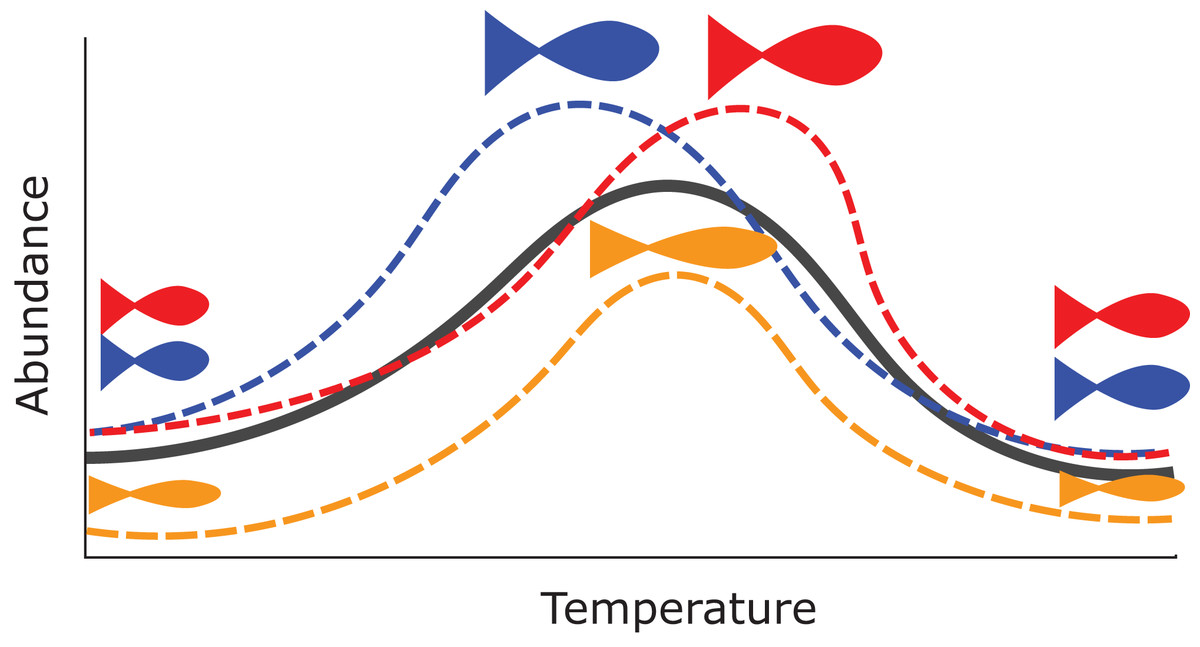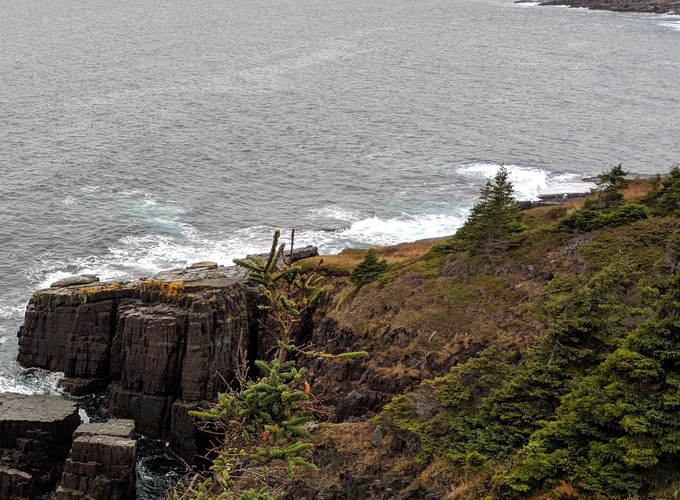Our team works to understand the causes and consequences of community change in fished ecosystems, and the role of spatial heterogeneity in shaping the dynamics of aquatic systems. We aim to develop new ecological theory and statistical approaches that improve both our basic knowledge about why fisheries change, and provide useful tools to the people responsible for monitoring and managing fisheries.
We work on a broad range of systems, both marine and freshwater. We work with theoretical tools (computer simulations and mathematical analysis of dynamical systems), statistical analyses of long-term, large-scale data sets, and developing new statistical methods for measuring aquatic populations and communities.
We are in the process of building our lab at Concordia University in Montreal. If you are interested in joining the lab, please see our current opportunities!
Research Values
We believe that science progresses most effectively when it’s transparent, so we are committed to open research, including sharing code and data and publishing in open venues. We are also committed to making sure our research benefits as many people as possible, and that we communicate our science broadly beyond academia. Many people reply on healthy fisheries and aquatic systems, and one of the goals of this lab is to do research that is relevant and meaningful for everyone who is affected by these systems, and to try to learn from and listen to a broad range of stakeholders.
Current research focuses:
Understanding the dynamics of abrupt change and regime shifts in metacommunities

Rapid, unexpected changes in fished ecosystems, like the collapse of groundfish stocks in Newfoundland in the 1990’s, have occurred in a wide range of aquatic ecosystems, from the scale of single lakes to whole marine shelves. We work with long-term data sets and models of community dynamics to understand why these rapid changes occur, what makes communities sensitive to abrupt change, and how we can improve how we monitor and manage fisheries in systems sensitive to abrupt change. We want to understand the role that changing patterns of fishing, ocean climate, and species interactions play in these changes. We also want to understand the role that spatial heterogeneity and the movement of species and harvesters plays in shaping the dynamics of abrupt change.
Currently we are working with Fisheries and Oceans Canada to study the dynamics of the groundfish and benthic decapod communities on the Newfoundland and Labrador Shelves, and with researchers from the Center for Limnology at the University of Wisconsin on the dynamics of declines in Walleye stocks across Wisconsin.
Ecosystem approaches to modelling and managing marine fisheries

Fisheries science has relied on single species approaches to model and manage fished stocks. These models rely only on information about the current stock status of the focal species to make predictions about how it will change over time. However, as more ecosystems are affected by large-scale environmental change, it has become increasingly difficult to accurately predict how fisheries will change using only these single-species approaches; a given species may be facing warming waters, shifting distributions of predation, and loss of habitat simultaneously. We are working on new modelling approaches that incorporate the effects of ecosystem changes into fisheries models, and new methods of managing fisheries so that they are resilient to changing ecosystem conditions.
Improving how we measure spatially structured populations and communities

Aquatic organisms are inherently difficult to track and quantify. This is only compounded when trying to measure changes in communities of organisms spread across landscapes. We are developing new statistical tools to measure populations of organisms in spatially structured communities, and to track how communities of organisms change over long periods of time.
